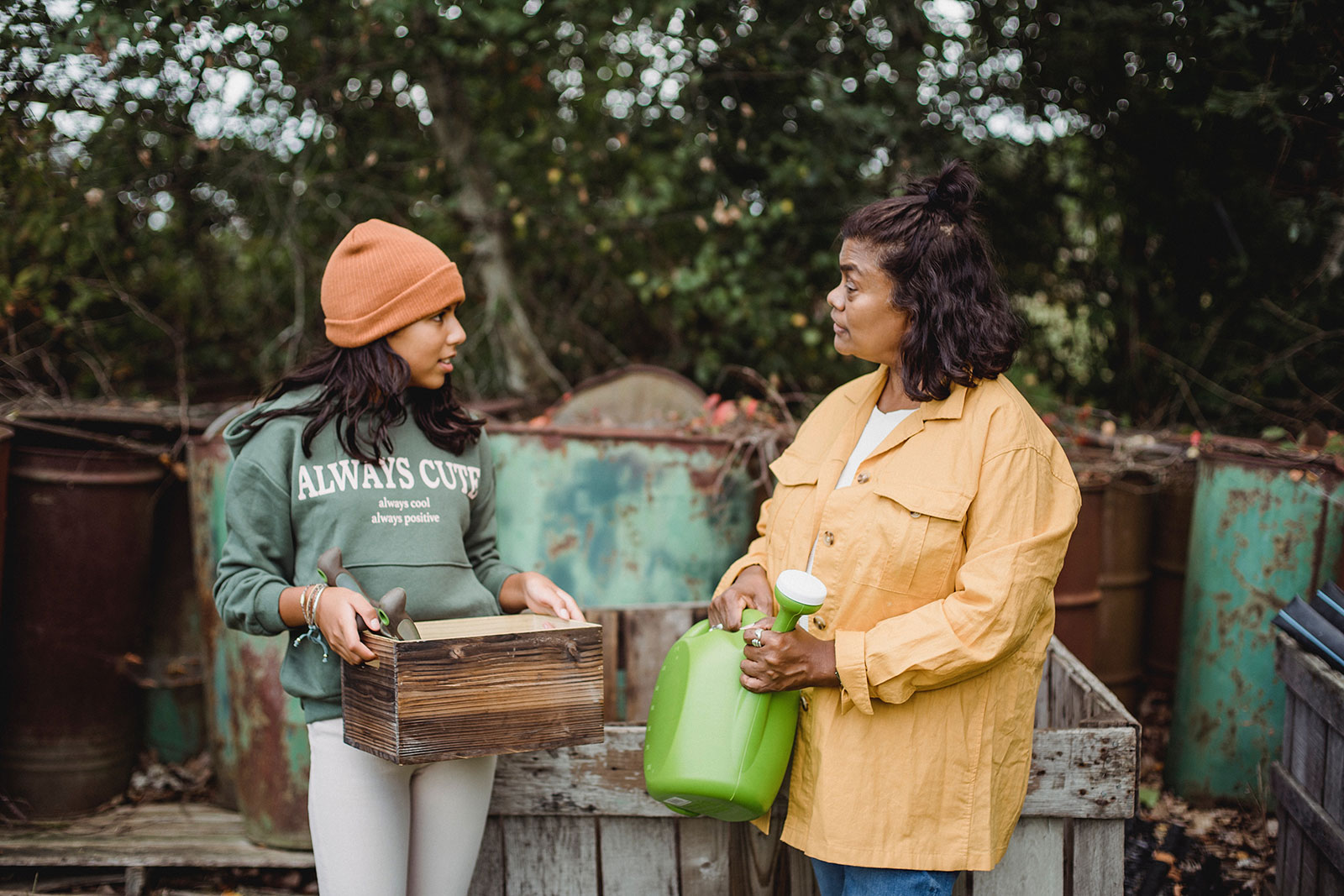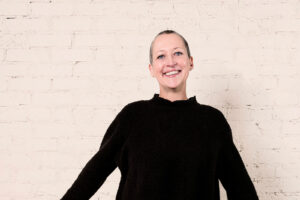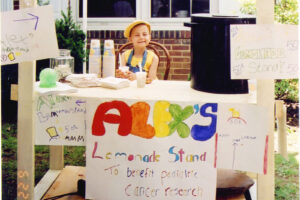Gardening holds many benefits for cancer warriors in addition to growing healthy foods. The American Cancer Society((ACS) recommends adults get 150 minutes of moderate activity every week, which can be met through gardening and yard work. A treadmill or bike ride around town isn’t for everyone and tending to your plot is a good substitute. Carrying around tools, moving mountains of mulch, maneuvering around the yard and, yes, even pulling weeds, can be beneficial for your health. Increasing your stamina, regaining your strength and going outside while close to home sounds like a pretty nice workout.
Getting in tune with nature is also a good way to improve your mental health. A 2018 study guiding cancer warriors in the garden found that participants experienced a growing sense of worth, lower levels of stress and overall increased quality of life. Spending time in the garden isn’t just meditative. The responsibility of growing and maintaining your own food is a meaningful and rewarding long-term method that can provide you with a sense of purpose.
While gardening can be a solitary act, the social benefits exist too. Community gardening offers a wonderful contribution to your neighborhood as you work with others to create a beautiful space. With COVID-19, community gardening may look a bit different this spring, but many public gardens have taken precautions to stay safe while getting down in the dirt.
Gardening is also a good way to bond your household if you’d rather stick at home. Container or windowsill gardening is a viable option if you have limited space or want to start small.
And, of course, the bounty of fruits and vegetables you’re offered through gardening is one of the most enticing (and tasty) benefits of all. ACS recommends 2 1/2 cups of vegetables and fruits per day. Harvesting your garden gives you an easy excuse to take a break from highly processed foods and red meat. To best increase your health, prioritize dark green, red and orange vegetables, and don’t hold back on cultivating a rainbow of different fruits.
If you’re a novice gardener, getting started can seem intimidating. To help you out, we’ve provided a quick list of starter plants that’ll offer you the type of nutrition cancer warriors need most. Be sure to take proper precautions when gardening, such as wearing gloves to avoid infection of cuts, wearing long pants, long sleeves and closed-toed shoes in addition to SPF, and resting when you need it. Happy gardening!
Get started
Kale

- Sun: Full
- Sow: Early spring to early summer
- Harvest: Autumn
- Why: Rich in antioxidants, high in vitamin C
Broccoli, Brussels Sprouts, Cabbage

- Sun: Full
- Sow: Early spring or late summer
- Harvest: Early summer or mid to late autumn
- Why: High in fiber, high in vitamin C
Tomatoes

- Sun: Full
- Sow: Late spring to early summer
- Harvest: Late summer
- Why: Antioxidants, vitamin C, vitamin K, potassium
Blueberries

- Sun: Full, can tolerate partial
- Sow: Early spring
- Harvest: Late spring or early summer
- Why: Antioxidants, high in vitamin C
Honeydew Melon

- Sun: Full sun
- Sow: Late spring to early summer
- Harvest: Early summer to early autumn
- Why: Fat free, anti-inflammatory, high in vitamin C







